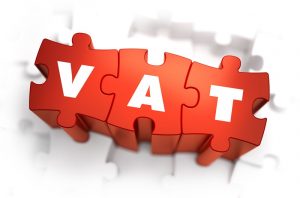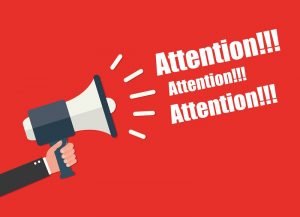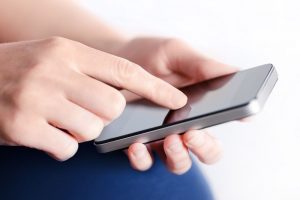
New VAT Registration process for agents
A new VAT registration process known as the VAT Registration Service or VRS was made available to agents from 1 August 2022. The VRS had been in testing mode for the previous 18 months and was used by

A new VAT registration process known as the VAT Registration Service or VRS was made available to agents from 1 August 2022. The VRS had been in testing mode for the previous 18 months and was used by

Using the VAT Flat Rate scheme, businesses pay VAT as a fixed percentage of their VAT inclusive turnover. The actual percentage used depends on the type of business. The scheme has been designed to

The Making Tax Digital (MTD) for VAT regime started in April 2019 when businesses with a turnover above the VAT threshold of £85,000 became mandated to keep their records digitally and provide their

Taxpayers that are owed VAT repayments by HMRC are entitled to claim statutory interest under certain circumstances. Where this is the case, a claim should be made in writing to HMRC. VATA s78 (11)

The VAT domestic reverse charge accounting mechanism was put in place to help prevent criminal attacks on the UK VAT system by means of sophisticated fraud.
UK businesses receiving certain specified

The transfer of a business as a going concern (TOGC) rules concern the VAT liability on the sale of a business. Normally the sale of the assets of a VAT registered or VAT registerable business will be

The VAT Capital Goods Scheme (CGS) is a means of adjusting the initial VAT recovery in respect of certain assets over either 5 or 10 years. The scheme seeks to agree a fair and reasonable attribution

The VAT Flat Rate Scheme (FRS) has been designed to simplify the way a business accounts for VAT and in so doing reduce the administration costs of complying with the VAT legislation. The scheme is

Since 2018, online marketplaces (such as eBay or Amazon) have been required to help tackle online VAT fraud. These measures, known as joint and several liability (JSL) for marketplaces aim to ensure

HMRC’s VAT Notice 701/14: food explains what types of foods are zero rated and standard rated for VAT. The notice includes many examples of different food categories. The notice covers some general

Whilst most businesses in the UK charge VAT at the standard rate of 20%, there are a number of different VAT rates and exemptions that businesses should be aware of. In the UK, there are three

The furnished holiday let (FHL) rules allow holiday lettings of properties that meet certain conditions to be treated as a trade for some specific tax purposes. As an FHL is treated as a business, it





